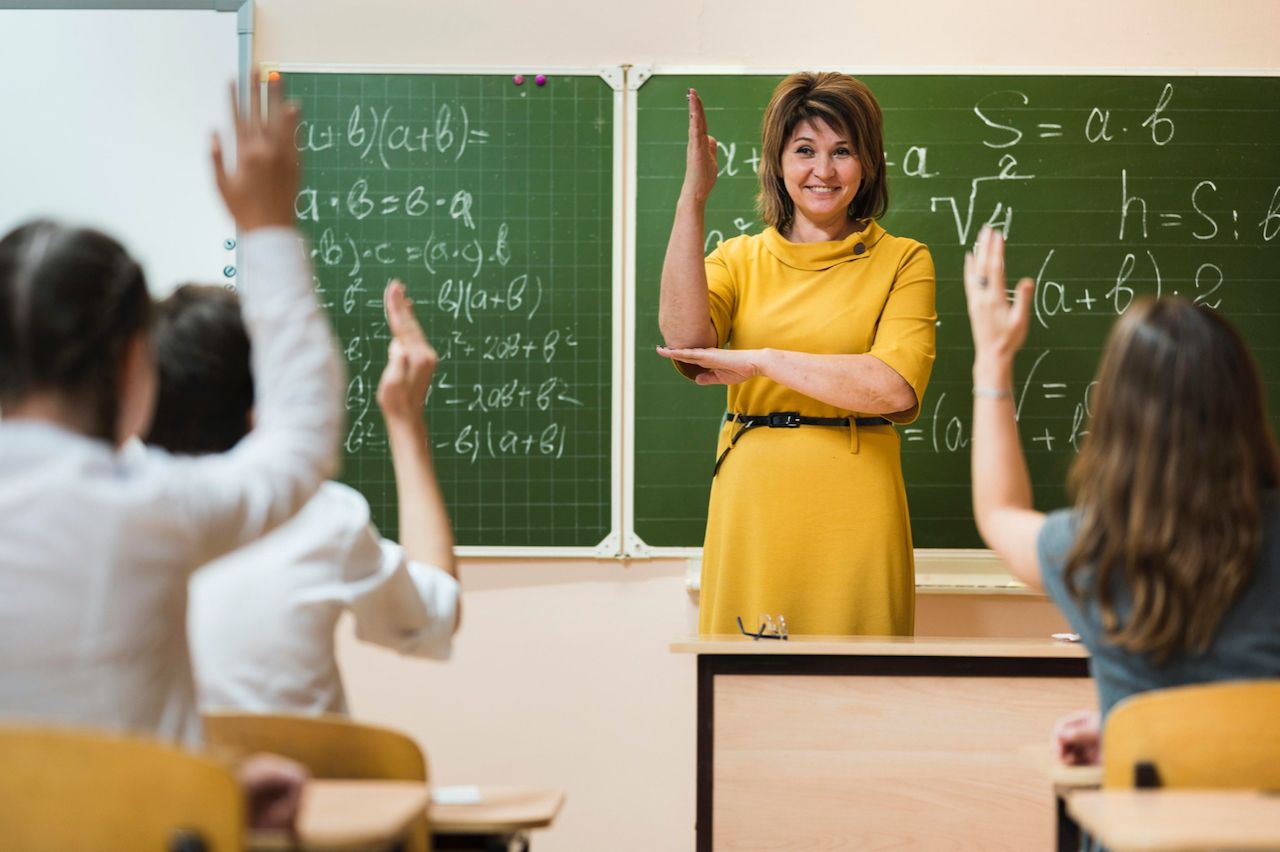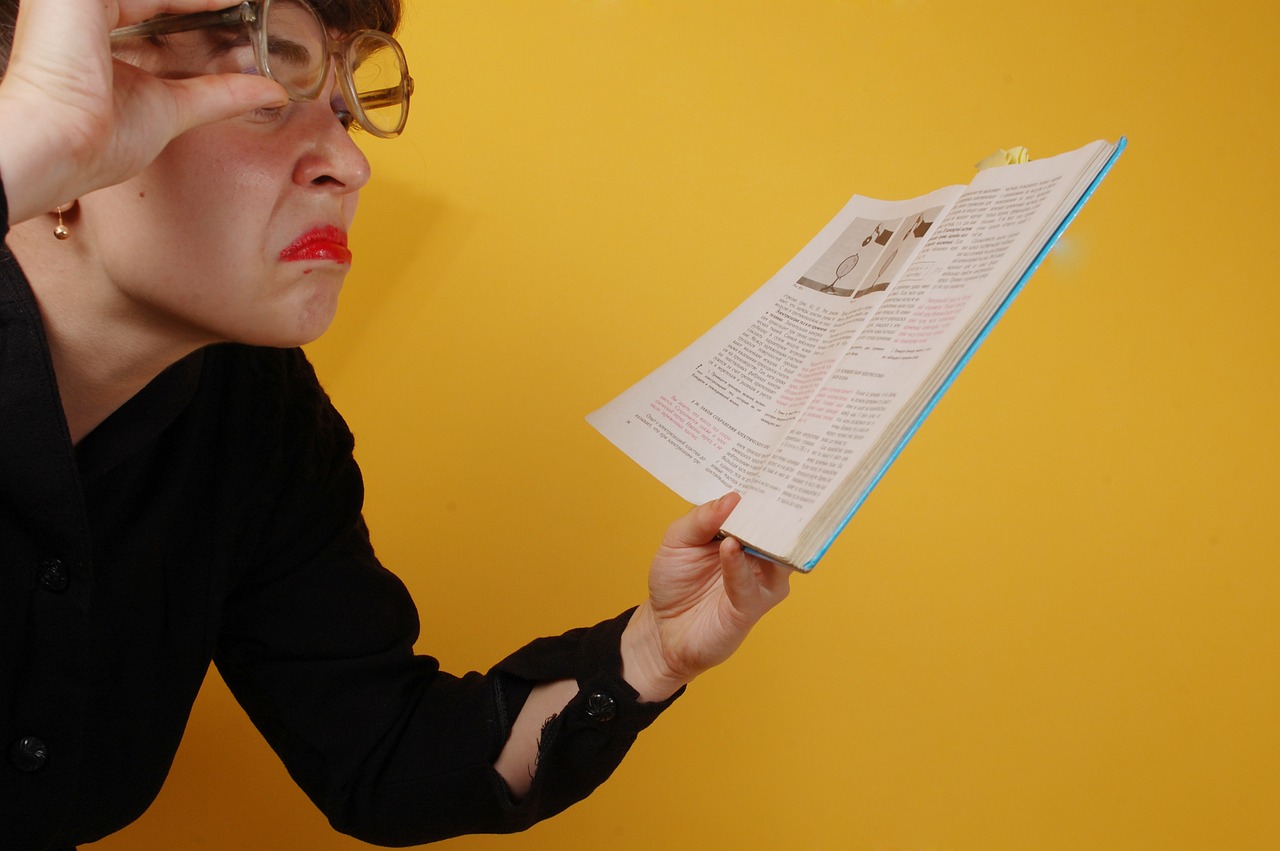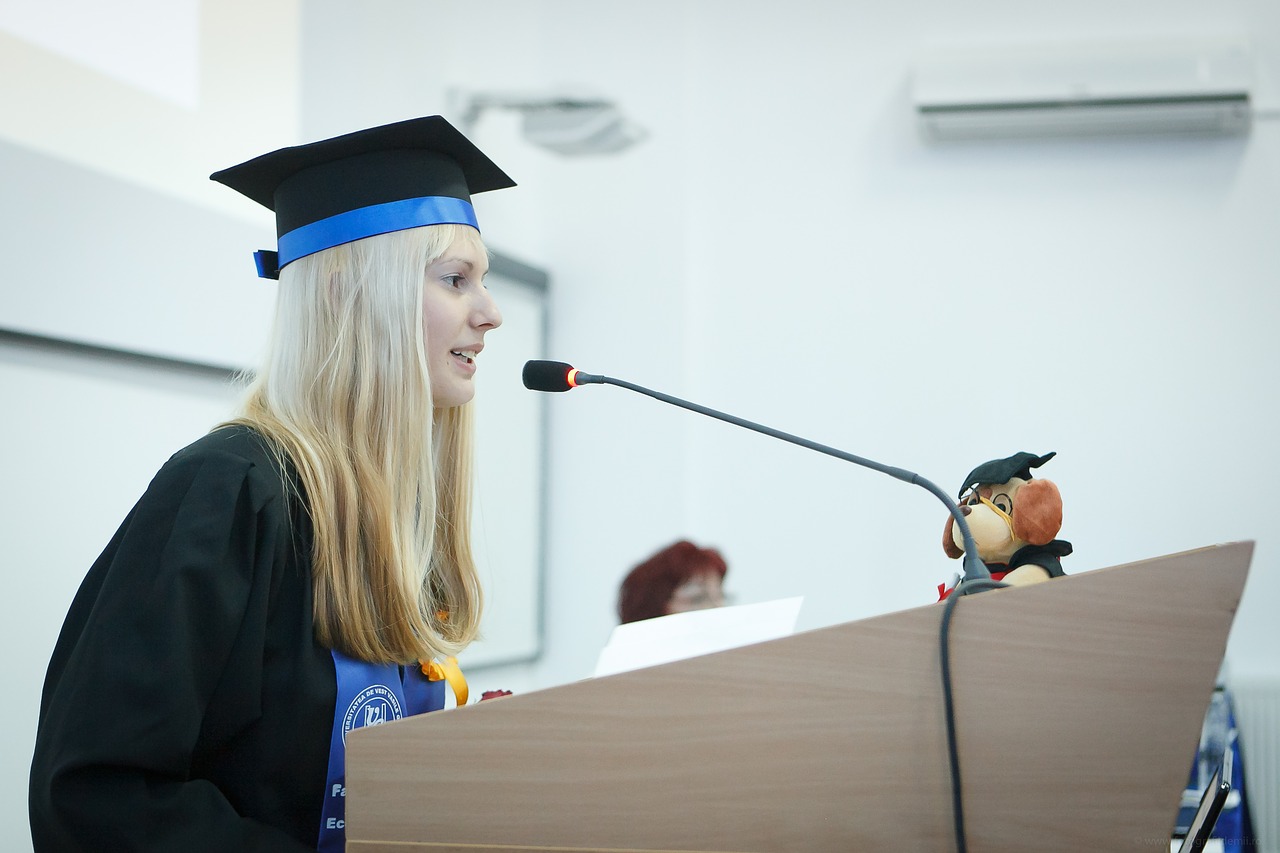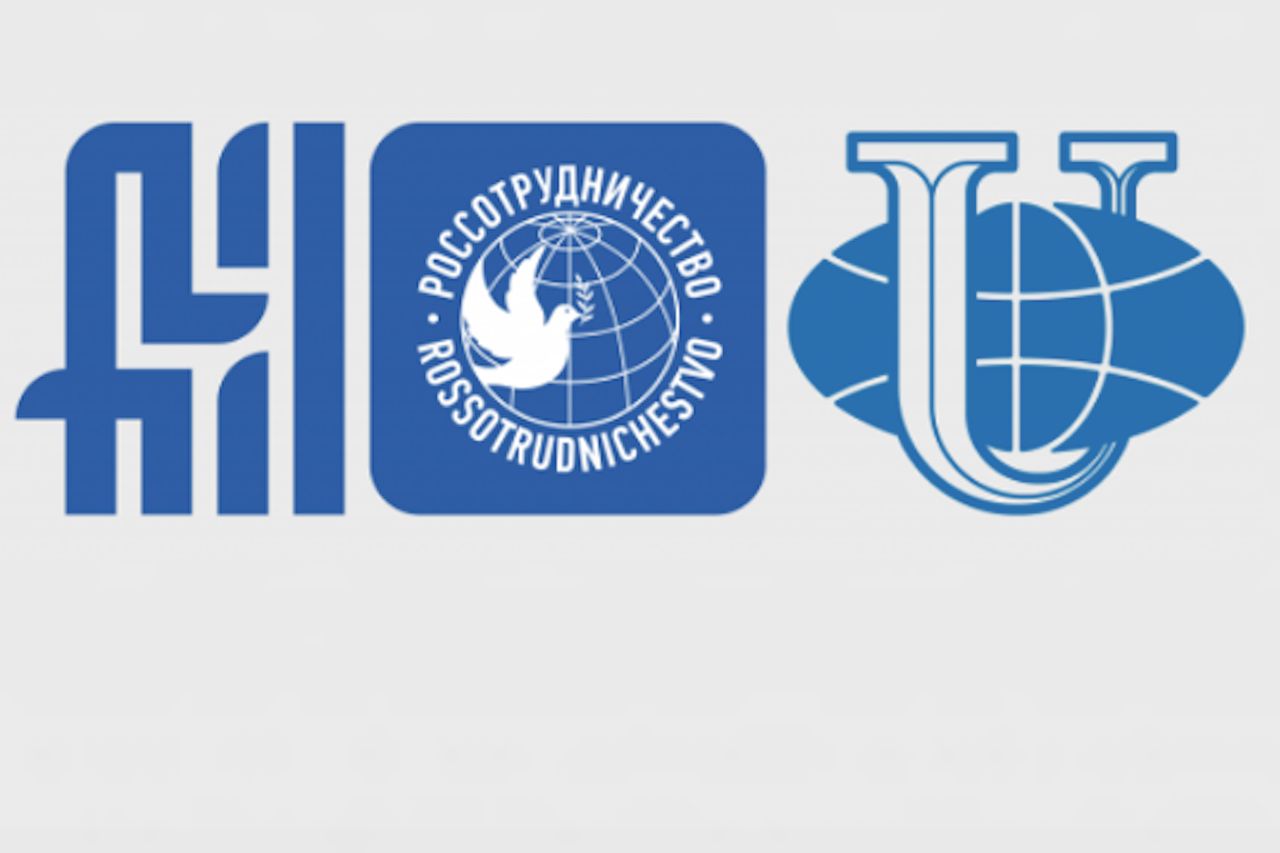
Changes in the field of private education
The Senate of the federal state of Berlin has decided to introduce amendments to the legislation concerning the operation of private educational institutions. The current “Berlin School Act” (SchulG) regulates compulsory schooling. According to it, parents are obliged to enroll their children in a school of their choice – public or private.
Public educational institutions are schools offering education at different levels of the system: primary (Grundschule), secondary (Sekundarstufe), and higher (Hochschule). Education there is free of charge. Curricula and teaching materials are approved at the state government level, while the educational process is overseen by the respective state ministries.
Each federal state has its own education law, based on the nationwide “Act on General Education and Upbringing” (ABI). It defines the goals, content, and organization of education, guarantees the right to education for all citizens, and sets standards for educational quality.
In addition, there are more than 2,500 private schools in Germany. These are privately managed but receive state subsidies. Their teaching is supervised by regulatory authorities, and they are required to follow the same curricula as public schools.
In Berlin, for example, there are 170 private institutions with around 42,000 students, plus 48 vocational schools with about 14,000 students. In total, about 12% of all Berlin students attend private institutions.
According to the proposed amendments, new private schools will now be eligible for state funding after two years, instead of the previously required five years. The basic financial support, under which the state covers 93% of their expenses, will remain unchanged.
Moreover, a mandatory tuition fee scale is planned, taking into account parents’ income. This will make private education more accessible for families with limited financial resources and provide more choice in selecting schools.
In this regard, Berlin’s Senator for Education, Youth, and Family, Katharina Günther-Wünsch, stated:
“Private educational institutions make a significant contribution to the diversity of our education system and strengthen its capacities.”
Tags: Berlin private schools , Berlin school law , school funding , education in Germany , private education , Berlin Senate , school legislation
Categories: Latest



























